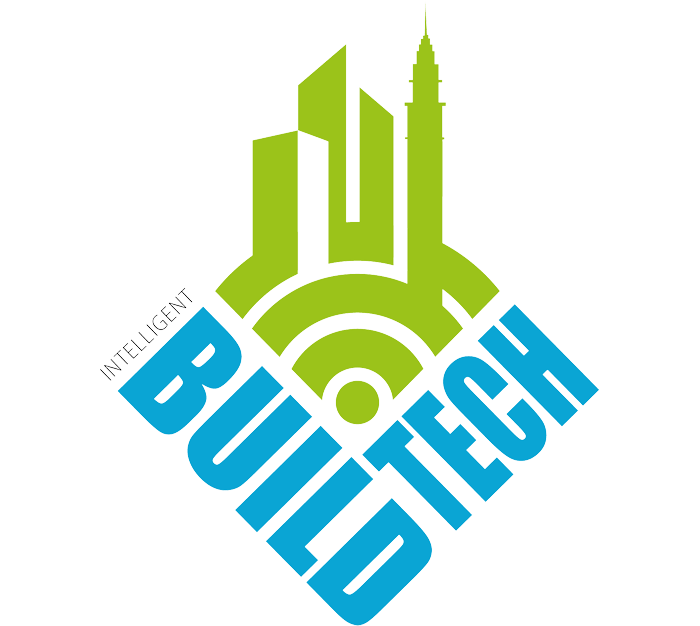Amid global supply challenges and efforts to diversify imports, South Africa has emerged as a strategic investment opportunity for European countries and companies, with an abundant resource base and untapped opportunities attracting players in renewable energy, digital technology infrastructure, logistics among others.
Amid supply challenges and efforts to diversify imports, South Africa and the rest of Africa has emerged as a strategic investment opportunity for many European countries and companies. The continent’s abundant resource base and untapped opportunities have already begun to attract players from across the bloc, and new market dynamics offer the chance for African countries to take tangible actions to advance the continent’s attractiveness for foreign investment.
With resources available, South Africa and other African countries – either oil producers or those on the verge, have begun implementing strategies to define a long-term vision for the sector. These master plans not only outline opportunities but reassure foreign investors on risk while detailing strategies for maximizing returns on investment.
Masterplans have proven effective for burgeoning oil and gas producers. Establishing energy masterplans is also a strategy for mature producers to diversify their energy sectors by attracting investment in alternative industries such as renewables, power and infrastructure.
In South Africa, the Renewable Energy Independent Power Producer Procurement programme focuses on leveraging demand for renewable energy and storage technologies to unlock industrial and inclusive development.
Clear and well-defined legal frameworks are a strategic way to boost European investment in Africa while developing or revitalizing existing value chains. On a contractual basis, such frameworks identify fiscal terms and outline processes while helping to reduce project negotiation times and providing assurance in case of disputes.
Tackling the AI divide
The United Nations Economic Commission for Africa, ECA and Google, have signed a landmark Memorandum of Understanding, to foster and accelerate digital transformation in Africa on the margins of the 2024 edition of the Africa Business Forum.
Other than South Africa, the MoU will operate across Ghana, Kenya, Ethiopia, Nigeria, Rwanda, Uganda, Zimbabwe, Senegal, Tanzania, Equatorial Guinea, Mozambique, South Sudan.
ECA’s Executive Secretary, Claver Gatete, acknowledged Google’s pivotal role in improving Africa’s connectivity infrastructure, supporting Africa’s innovators and entrepreneurs, and building digital capacity in emerging technologies through skills development for researchers, students and educators.
Africa, with the lowest Internet penetration rate globally, sees 63% of its population without Internet access. The ECA is committed to closing digital divides by promoting infrastructure development and affordability, sound regulatory environment, and fostering digital skills.
To tap into Africa’s digital transformation potential to meet the Sustainable Development Goals and Agenda 2063, it is crucial that the continent’s youth—projected to account for nearly half of the global youth population by 2030—are prepared for a digital future and the 4th Industrial Revolution.
Google will endeavour to partner with ECA to reach its target to enable 1M startups to generate $100B in revenue by 2033. Starting in 2024, ECA, Camden Trust and Google will endeavour to upskill over 5,000 young African students and 200 teachers on computer science and robotics to support their participation in the World Robot Olympiad global competition and increase Africa’s representation.
Investing in fibre connectivity
Liquid Intelligent Technologies, a business of Cassava Technologies, a pan-African technology group, will receive R450 million in funding from the International Finance Corporation, IFC and Rand Merchant Bank, RMB each for its South African operations. The total investment of R900 million will support universal and affordable broadband access in the Eastern Cape Fibre Project.
“The support and investment we have received from IFC and RMB underscores our collective commitment to advancing South Africa’s broadband connectivity and uplifting the communities in which we do business,” said Hardy Pemhiwa, Group Chief Executive Officer, Liquid Intelligent Technologies.
The Eastern Cape is one of the least connected regions in South Africa. Only 65% of households have Internet access, and only 5% have access from home. This is twice as low as the average for South Africa, where 10% of the total population has Internet access from home.
Since its inception, the Eastern Cape Fibre Project has been a transformative initiative. It has played a significant role in reiterating that Liquid South Africa is aligned with the government in meeting its 2030 NDP objective of 100% broadband coverage.
Liquid SA has invested heavily in EC since then across a raft of initiatives aimed at fostering innovation and empowering citizens with digital skills, even in the farthest part of the province. It has invested over R400 million into extending its operations in the region, connecting more than 1,300 government buildings, and creating over 600 permanent and temporary jobs.
Micro grids and sustainability
One of the most significant shifts in solar technology revolves around the integration of battery energy storage systems, BESS, especially for behind-the-meter solar, also known as onsite solar. Traditionally, batteries were seen primarily as backup storage when paired with a solar system, ensuring a steady power supply during cloudy days, nighttime or when the grid is unavailable.
However, in 2024, the focus is vastly shifting towards load management, where batteries play a dynamic role in optimising energy consumption.
As the trend for the deployment of batteries across the continent grows, innovative management systems will become a key part of solar installations with an integrated battery component. These systems use advanced algorithms to predict energy demand patterns. This allows for the strategic use of battery storage – discharging it during expensive peak times and charging it using solar energy or the grid during off-peak – to reduce the costly demand charges that come with variable tariff structures.
In South Africa, the national energy provider Eskom announced the deployment of around 343 MW in BESS projects as part of an overall 500 MW BESS initiative aimed at addressing the country’s long-running electricity crisis. The systems will be in remote areas, with limited access to Eskom’s network but still close to renewable energy plants built by independent power producers, IPPs.
This collaboration between the public and private sectors supports more widespread deployment of utility-scale power and the adoption of renewable energy projects. By adding battery storage components to the national grid, businesses and consumers can gain quicker access to reliable electricity while the power utility can address peak energy demands more easily.
Neosun Energy, a global solar energy company focused on construction of solar power stations and battery storage solutions has recently ventured into the South African market. This move aims to provide commercial solar panels and energy storage solutions with capacities ranging from 200kW to 10MW for commercial and industrial projects, not only in South Africa but worldwide.
The entry comes at a critical time as businesses face heightened energy access issues due to load shedding and driven by soaring electricity and fossil fuel costs, along with the persistent challenge of numerous off-grid areas in Africa lacking energy access.
The focus industries include manufacturing, warehousing, shopping malls, commercial offices, mining and industrial facilities, and pharmaceuticals. The South African market, hit hard by electricity shortages leading to business losses exceeding $13 billion in 2022, presents a significant opportunity for Neosun to make a positive impact.
Opportunities in logistics
Nearly 62% of global logistics professionals say their companies are planning additional or first-time investments in Africa, according to a closely watched yearly industry survey. The survey of 830 logistics executives is part of the 15th annual Agility Emerging Markets Logistics Index, a snapshot of industry sentiment and ranking of the world’s 50 leading emerging markets.
In Africa, Egypt, Morocco, South Africa, and Kenya, were the top performers, followed by Ghana, Nigeria, Tunisia, Tanzania, Algeria, Uganda, Ethiopia, Mozambique, Angola, Libya.
South Africa, was top in Africa for international logistics; Egypt has Africa’s highest-ranked domestic logistics opportunities; Morocco has Africa’s best business fundamentals; Kenya is Africa’s most digitally ready, and the continent’s highest-ranked country in any category.
More than 63% of survey respondents say their companies continue overhauling supply chains by spreading production to multiple locations or relocating it to home markets and nearby countries. China, the world’s leading producer, stands to be most affected: 37% of industry professionals say they plan move production, sourcing out of China or reduce investment there.




